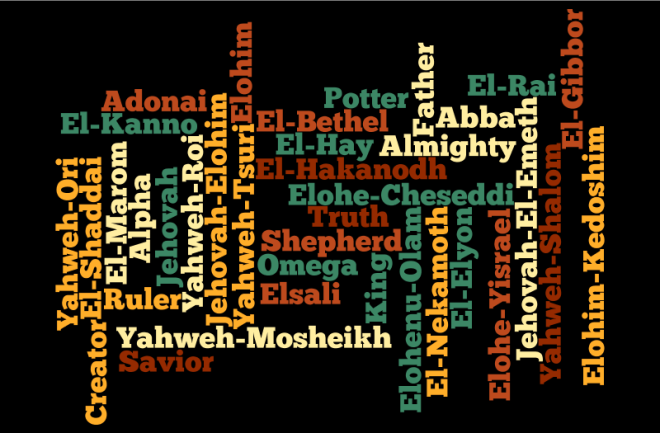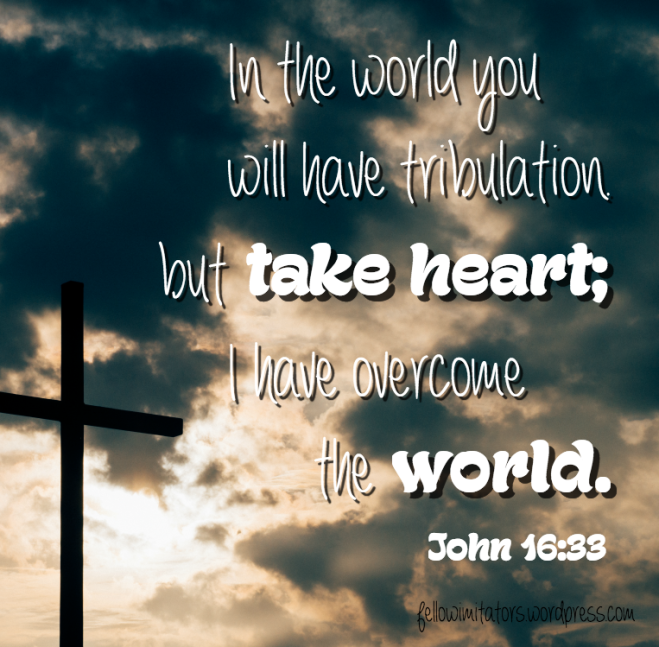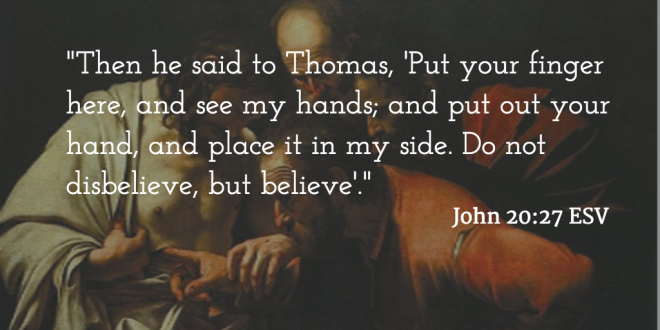
Happy Fourth all! While you’re out there celebrating your freedoms, don’t forget to celebrate the freedom we have in Christ. This week we are in Part V: Session 4: The Early Church (only 2 more sessions left!). We get to delve into what the church looked like at the beginning and what it should look like now. As usual, I hope you will follow along in the original study: Multiply!
You’ve probably heard it said “I hate organized religion” or “I love Jesus, but I hate the church”. No one can deny that the Church has it’s problems (it is after all made of flawed human beings) but Jesus has never given us the opportunity to abandon the church and He certainly wouldn’t give leave to hate her. The church is everything that Christ died to create, it is impossible to shun the church and still profess to follow Christ.
The church is what God uses to do His will on earth, what He uses to transform the world. So much good work is done by the church every single day. However, it is true that the church today has its issues. We are divided and hypocritical and we often spend more time spreading gossip than we do the gospel.
It becomes clear that we need to ask ourselves some important questions: Just what IS the church? What should she look like? Does she have a job to do, if so, what is that job? Not being able to answer these questions biblically can literally paralyze the church. Luckily, we do have somewhere to turn to for these answers.
When Jesus left His apostles with their mission, He placed them in charge of one important group of people, the church. This group of people were to carry out Christ’s mission until His return. If we don’t take understanding the church seriously, it is impossible to take the mission of Christ seriously.
The Early Church
“There is so much that could be said about the church. Peter said that the church is “a chosen race, a royal priesthood, a holy nation, a people for his own possession” (1 Pet. 2:9). Paul called the church a “pillar and buttress of the truth” (1 Tim. 3:15), a temple of the Holy Spirit (Eph. 2:19–22), the body of Christ (1 Cor. 12), and the bride of Christ (Eph. 5:22–33) (290). In this session, we’ll be focusing on the glimpse of the church we see in Acts 2 at the beginning.
The church started out with a little over a hundred people consisting of the apostles, Jesus’s brothers and a handful of those who followed Jesus in life. Then came Pentecost and Peter gave a Spirit-led speech that caused over 3000 people to be added to the church. The Lord’s church was born.
Discussion Question #1: Read Acts 2:42–47 slowly. After you read it, spend a few minutes meditating on what characterized this group of people. What stands out to you?
The early church was a pretty unique group of people. One of the first things that sticks out is that they were devoted to the apostles’ teaching. Just what was that teaching? The apostles were with Jesus, they knew His teaching, they simply shared it with others. The apostles’ teaching was simply the unadorned gospel.
Discussion Question #2: Why do you think the early church devoted themselves to the apostles’ teaching? What implications does that have for the church today?
Early church was also devoted to fellowship. Fellowship is one of those church-y words that we all use but maybe don’t necessarily know what it means. (And no, *shock awe* it doesn’t actually mean pot lucks, although fellowship can happen at pot lucks). So what does it mean? Fellowship is real people joining together meeting needs and fulfilling a common mission. It isn’t a “I sorta kinda like these people so we’ll just hang out”. It’s a sharing of lives, a strengthening of hearts, a truly loving relationship with God’s people.
We’re called to this same type of fellowship today. In fact, we may need it now more than ever:
“And let us consider how to stir up one another to love and good works, not neglecting to meet together, as is the habit of some, but encouraging one another, and all the more as you see the Day drawing near” (Heb. 10:24-25 ESV).
Discussion Question #3: Why was fellowship so important for the early church? Why is it important for the church today?
Another thing we notice about the church in Acts 2 is that they met for the “breaking of bread”. Now this could have meant simply sharing meals together (great for fellowship) or it could have been a reference to the Lord’s Supper. It was probably both, the early church observed the Lord’s Supper as a part of a larger meal. Both of these practices together further exemplified their common faith in Christ.
The Lord’s Supper is a celebration meal. Of course, it might not often feel like it considering the somber way in which we take it. But this practice, sanctioned by Christ, of the new covenant established by Christ’s body on the cross. Paul says “For as often as you eat this bread and drink the cup, you proclaim the Lord’s death until He comes” (1 Cor. 11:26 ESV).
Discussion Question #4: In your own words, describe why the Lord’s Supper is significant. Does communion carry this significance in your church? Why or why not?
Luke, the writer of Acts, also mentions that the early church was devoted to prayer. Prayer was as integral part of living as breathing to the early church. Just as any “new” organization or family, the early church needed a lot of guidance and strength, the church received that from God through prayer.
It doesn’t seem that churches today are often characterized by devotion to prayer. “Could it be that we have lost sight of our absolute dependence on God? Have we lost the urgency of our mission and the sense that if God does not work through us, we will not be able to do what we have been called to do?” (295)
Discussion Question #5: Explain why prayer is essential to the life and mission of the church. What would a devotion to prayer look like in the life of your church?
More Than Individuals
The early church was a group of people who embraced the gospel. They were forgiven, saved, and empowered by God. This is what the church has always been. “The church consists of those who have been called out of their spiritual darkness and have responded to the good news that Jesus Christ died to remove the separation of sin and rose from the grave to demonstrate that He is the true King of the world” (295). A group of redeemed joined together by the love of Christ.
In our culture, we don’t always approve of like-mindedness. Instead we bow to the altar of Individualism. If we are not self-sufficient and independent, we are considered weak and unsuccessful. Many Christians have adopted this mindset. However, when we compare this type of lifestyle to the early church we discover some drastic differences.
After the first Christians accepted the message, they did not go off, each to his own home, to live out the Christian life in solitude. They were baptized as a sign of their identification with Christ. In identifying themselves with Christ, they were identifying themselves with Christ body, His church, His bride. “By this all people will know that you are my disciples, if you have love for one another” (John 13:35 ESV). This means that we are no longer individuals, we are united together as the body of Christ.
Discussion Question #6: Read 1 Corinthians 12. How should Paul’s analogy of the church as a body affect the way we think about the church?
Discussion Question #7: Does the life of your church look anything like the body that Paul described in 1 Corinthians 12? How so? If not, why do you think this is?
What Are We Missing
Reading through Acts can actually be depressing as we notice the lack in our own churches. But this can actually be helpful because it helps us understand where we need to grow. However, we do need to be careful in imitating exactly the early church. Even though we have the same mission as the early church, how we carry it out may look drastically different. We need to open to how God will use us in this generation. Let’s take a look at some more characteristics of the early church and see if you can visualize how these characteristics might play out in your church.
A Generous Community
The early church held such an amazing concern for each that they were selling all their possessions so that they could care for each other’s needs. The Scriptures discribes them as having “all things in common” (Acts 2:44; see also 4:32). They joyfully gave whenever there was a need to fill.
A Holy Community
The early church was a group of people noticeably different from the outside world. Note that word “noticeably”. Obedience to God and His presence among them caused them to stand out. How often to we claim Christ’s name yet our lives are almost indistinguishable from the outside world?
A Fearless Community
Living a godly life didn’t mean everything was peaceful. There were people (and forces) who were opposed to the Spirit’s work within the church. In 2 Timothy 3:12, Paul gives us a grim promise: “Indeed, all who desire to live a godly life in Christ Jesus will be persecuted“. The early church was bold in their faith and fearlessly reached out to their world. Because they reached out, they were persecuted and sometimes even killed. However, they didn’t let that stop them.
A Multiplying Community
The growth in the early church was amazing. What started as a handful of disciples grew to great numbers. The apostles planted church and the believers took the gospel all over the world. This amazing growth could only be attributed to one Source: “And the Lord added to their number day by day those who were being saved” (Acts 2:47 ESV).
It is interesting to note here that persecution was often the catalyst that caused growth in the church. That should give us pause to think considering some of the things that have been happening to the church as of late…
Discussion Question #8: What do you find most compelling about the way the book of Acts describes the life of the early church?
Discussion Question #9: Does your church possess these compelling characteristics? If so, briefly describe them and thank God for them. If not, why do you think these characteristics are lacking?
The Church in the Modern World
With all the positive traits we have been studying, the early church was anything but perfect. You can read any of the letters in the New Testament to testify to that. And things have not changed that much in the past 2000 years, some of the very same issues they dealt with in the early church we still deal with today. There is much we can relate to.
The study of the early church is not to idealize a group of people, but to marvel in God’s power, to use their successes as evidence of what God can do through a group of united believers. We hold that same Spirit in us today and we too can experience His power. We shouldn’t expect another Pentecost or to experience all the same signs that accompanied the apostles, but we can expect to see the Holy Spirit transform lives and carry out God’s mission through the ends of the earth.
Discussion Question #10: What do you think the Holy Spirit would want your church to do in an effort to fulfill the church’s mission in your unique setting? If you don’t have an answer for this, make it a priority to pray and seek the Spirit’s guidance on this issue.
Discussion Question #11: Spend some time in prayer. Ask God to guide and empower your church for the mission He has given you. Pray that the church today would be everything that God designed it to be.
Thank you for joining me once again. As we go through the week, let’s pray for the Holy Spirit to work in our church and transform from the inside out into something God will use to fulfill His redemptive mission. God bless!








